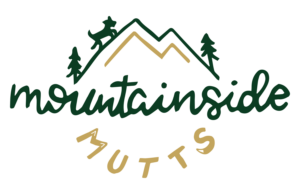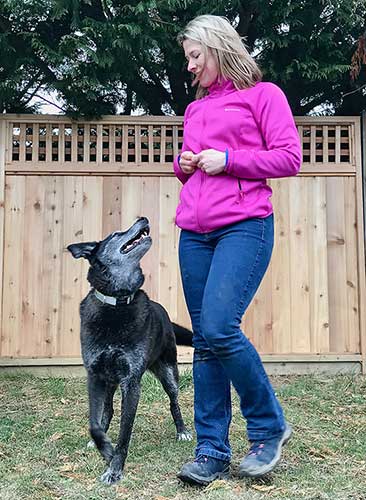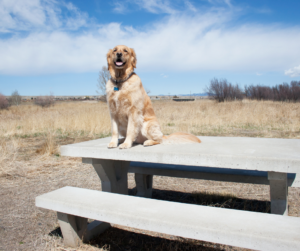
Does your dog do what you ask, or what he wants?
Nicki and I were chatting today about motivation. Sometimes it can seem that our dogs just aren’t that into us or the training session. One of the first things to consider is the learning environment – is it right for a training session? Or, is your dog tired, full from dinner, too hot, scared, too distracted, or perhaps he’s unwell? There are many reasons why a dog may not be able to work with us at a particular time. If you can change something, great. If not, perhaps try a little later in the day. Speak to the vet if you see a sudden change in behavior. Extrinsic reasons aside, there’s often a lot more we can do to help motivate our dogs. There’s a great saying in dog training circles, “Control the resource, control the dog.”
Some dogs are very obviously motivated by food, toys, or even praise. I discourage “free-feeding” (having food available for your dog to eat whenever he/she wants) or having all toys out at all times. Both tend to be more interesting if they aren’t always available. Many dogs actually prefer to “work” for their food. The best toys meanwhile are often the ones that you and your pup play with together – they only come out at special times. What’s happening in both instances is that controlling access to the resources tends to make them more valuable to your dog.
There are so many opportunities in a day when you can control the resources that your dog wants – why then let the dog have free access to them? Take a few minutes and think about all the things that your dog enjoys in the course of a day – food, treats, walks, games, outings, toys, the chance to play with other dogs, the chance to interact with people, favorite resting spots, perhaps access to a swimming pool. Rate these things from 1 to 10 (10 being the highest). Now what if you were to control access to these things? Do you think your dog is likely to find them even more appealing? You can use all of them to reinforce desired behaviors.
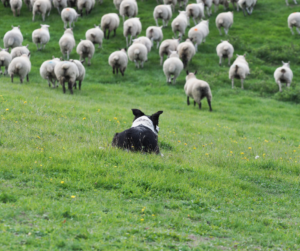
Does your dog earn his keep?
If our dogs have free access all the time to all the things they want, we devalue our part in the relationship. Positive reinforcement-based training is not permissive. Neither is it about bribery. The training at Mountainside Mutts is all about reinforcing the behaviors you want from your dog. Our games-based approach emphasizes fun for all in the process. But at the same time, we prevent the dog from having a chance to do the things we don’t want him to do. We use modern, force-free methods to train the behaviors we want. We can use all the things the dog enjoys to reinforce the behaviors that you need. Building them as default behaviors means moving away from constant nagging. Unlike more aversive training methods, I want a thinking dog. I want a dog who is not afraid to offer behaviors.
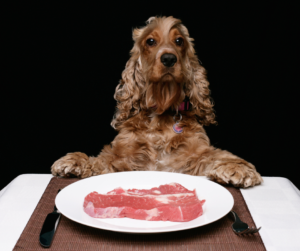
Or does your dog get free hand-outs?
Two of the first principles I aim to teach my students are “Puppy Zen” and “Sit for everything”. Puppy Zen is all about not being pushy. The dog gets rewarded when he backs off something hidden in a closed fist. This is the core of the concept to control resources. If the dog wants the reward, he needs to stop pushing/pawing at your hand. He gets it when he backs off or even sits. And there’s the next foundation piece – train a default behavior like a sit. For everything your dog wants, let’s get him to say “please” by asking with default behaviors. It could be a sit, or a down, or perhaps a bow. Here’s the thing though, default behaviors are offered, you don’t have to keep asking for them. Old-school training is all about constantly telling your dog what to do/not to do. Modern training on the other hand is more about helping your pup learn to think, helping him understand how to ask for/earn things, and having a really great relationship with your dog.
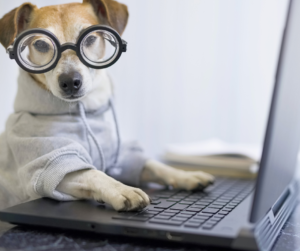
Has your dog learned how to think & work?
Take the dinner bowl and/or door exercise. Perhaps you ask the dog “sit” to start with, but pretty soon the dog will offer a sit. You’ll see the sit being offered sooner and for longer after just a few repetitions if access to the thing wanted (an open door/the bowl) gets restricted each time the dog moves out of position. When a dog starts understanding that his actions have a bearing on our providing access to the things he wants, we tend to discover a bit more motivation to work with us. If on the other hand, pup can go and help himself to what he wants when he wants there’s no reason for him to feel any need to work with us.
When training our young dogs, controlling access to the things they want is huge. Management helps set them up for success (they’re dogs, and they are going to do doggy things unless we help them make a better decision). And when we’re fair and fun our dogs understand that it’s in their interest (and enjoyable too) to pay attention to and work with us.
Prevention is so much easier than a cure. At Mountainside Mutts we strongly recommend starting to train from the day you bring your new puppy/dog home. But despite our best intentions sometimes it can feel like the wheels are coming off the wagon. This can be an absolutely normal part of adolescence when your young dog is doing exactly what he’s supposed to be doing (from an evolutionary/maturation perspective) – finding his place in the world. Sometimes it’s necessary to take another look at all the things our dogs enjoy on a daily basis. We can then leverage these things to instill a little more motivation for us.
We’d love to help you get the relationship with your teenage dog back on track. Please reach out to arrange an initial consultation. If you’d prefer to do a little Googling first, check out the easy-to-digest “Ruff Love” by Susan Garrett. It’s a bit of a “Boot Camp” for dogs, but anyone who has had an unruly teenage human in their life knows that you don’t keep extending privileges like the chance to drive your new car if he hasn’t got a driving license, refuses to help out around the house and keeps skipping school. Happy training.
